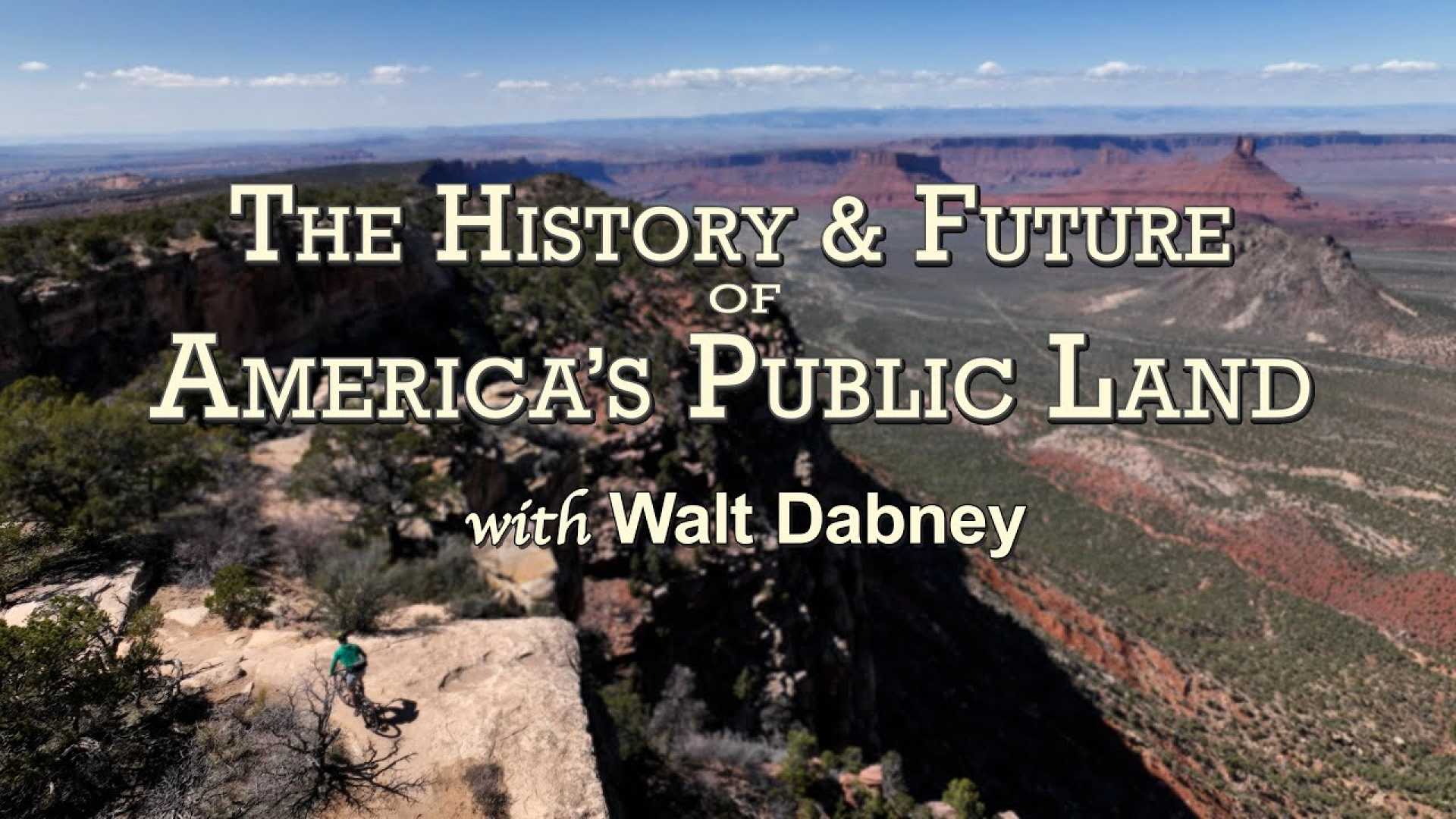News
The Complex Legacy of U.S. Public Lands

The legacy of public lands in the United States is fraught with contradictions and challenges, as explored in a recent discussion led by U.S. Senator John Hickenlooper. During a public gathering in Eagle, Colorado, on April 16, Hickenlooper emphasized the necessity of protecting public lands against potential sales by the federal government.
Will Roush, director of the Wilderness Workshop, shared his concerns about the ongoing debate regarding public lands management. “To keep our public land means protecting it,” Roush stated, warning against privatization efforts that could diminish access for the community. His comments came as context was provided for a larger conversation on land ownership and stewardship.
Hickenlooper responded firmly to the idea of selling off public lands, asserting, “Selling our public lands is unthinkable. Some things just shouldn’t be for sale.” He voiced confidence that bipartisan support would prevent such drastic measures from occurring.
The topic of public lands has gained renewed attention as the political landscape shifts under the Trump administration, prompting conversations about the future of these valuable resources. Hickenlooper’s commitment to protecting public lands resonated throughout the gathering.
The commons, or shared natural resources, have been integral to American society since its inception, as they provide cultural and environmental assets accessible to all. Yet, the history of land ownership in the U.S. reveals a troubling narrative of exploitation and manipulation, particularly concerning marginalized communities.
Historically, the aftermath of the Revolutionary War saw land grants issued as rewards for service, but many veterans found themselves cheated out of their rightful claims by speculators. This led to a system of land ownership that often mirrored greed rather than equitable distribution.
As the U.S. expanded westward, the government facilitated land acquisitions through both positive and negative means, including treaties with Native Americans often broken or ignored. The Trail of Tears exemplified extreme measures taken under the guise of progress, resulting in immense suffering for Indigenous populations.
These historical events warrant reflection on how American identity has been shaped by access to land. Authors and thinkers of both the past and present have acknowledged that the narrative surrounding American growth involves not only opportunity but moral implications tied to the treatment of land and people.
As the conversation around the future of public lands continues, advocates like Hickenlooper and Roush call for protective measures that honor both history and community values. The need for public lands, as shared resources vital to cultural identity and environmental preservation, remains evident in their ongoing dialogue.












